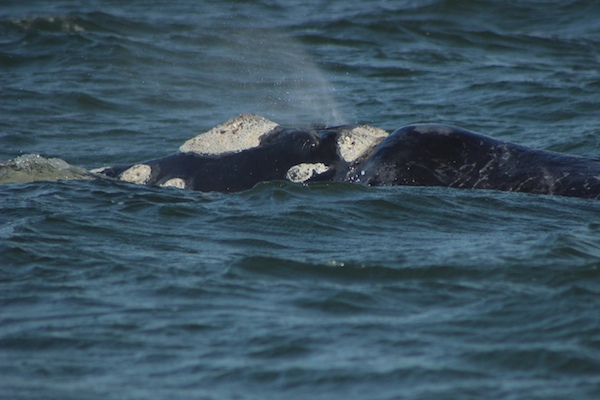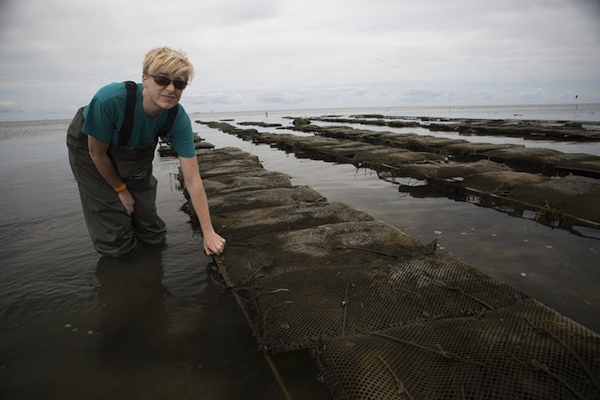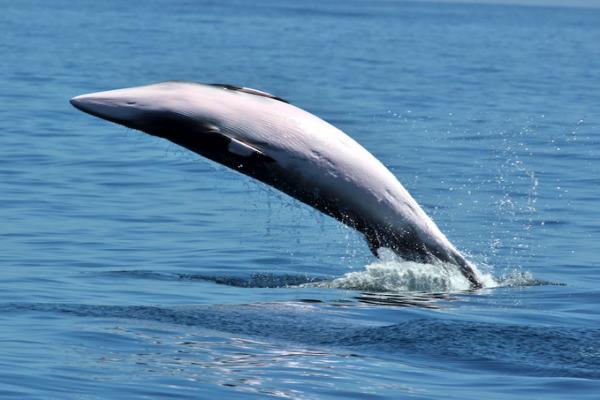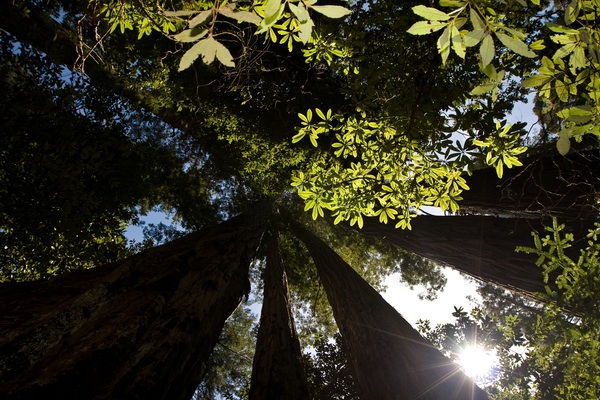The great whales are indicators species that have a lot to say about marine and coastal biodiversity, according to Lisa Bassett, author and professor at the University of Oregon School of Communication and Journalism. Today, seven out of 13 species of great whales are listed as endangered or vulnerable because of commercial whaling (despite an international moratorium); ship strikes; oil and gas exploration; military sonar vessels; pollution; disease, and climate change,” Bassett reminds us. As a professor of journalism, Bassett knew that by documenting an environmental problem, you can become part of the solution. This was the concept behind a four-week study abroad program offered by the University of Oregon (OU), entitled Nature & Culture: Multimedia Storytelling in Uruguay. This astonishing and exciting program focuses on the environment, traditional cultures, sustainability and conservation. The flagship program occurred in 2013, when Bassett led a group of UO students to Uruguay to create a multimedia project entitled The Route of the Whale. The project explored the route from its beginning in the hillside town of Piriapolis to the Brazilian border at Chuy. The students investigated environmental issues and solutions to those issues, in marine biology, conservation and sustainability. They did their work both in the classroom and in […]
Continue reading... →Being an environmentalist doesn’t have to mean sacrificing dreams of having a family. In fact, as the five women on this list prove, being a mother can make us even more committed to keeping the planet clean and green. And while some environmentalists point to overpopulation as the leading cause of global warming, there’s more evidence showing that our mismanagement of resources is more to blame than the number of people on the planet.
Continue reading... →Despite an international court ruling against the hunt, Japan may be gearing up to resume whaling in the Southern Ocean later in the year. A Japan whaling official told reporters on Monday that his country has the right to hunt whales in the Southern Ocean during the coming Antarctic summer, despite an international court ruling against it and no clear permission from the International Whaling Commission.
Continue reading... →Robert Redford — playing The Redwood in our Nature Is Speaking film — sums up the incredible life history of redwood trees, which are older and bigger than most living things on Earth.
Continue reading... →This post is the first in a series which will be followed for the next three weeks with recipes posted every Saturday from Kim’s new book The Meatlover’s Meatless Cookbook. If you have any questions for Kim about green cooking, recipes, or the Meatless Monday campaign please add them below and we’ll include them in a follow-up interview to be posted at the end of the series. Let’s get cooking!
Kim O’Donnel is a pioneer, one of first writers to regularly feature vegetarian dishes when she began her career as a writer for the Washington Post years ago. She embraced the Meatless Mondays movement begun in 2003 and has been promoting the movement through her writing ever since. Kim has given talks everywhere from Politics and Prose to The American Culinary Institute. She’s even helping launch the first Meatless Mondays program in Seattle (where she currently resides) on November 29th of this year. Most recently, Kim has been tapped to write a new bimonthly health column for USA Today.
What exactly is the Meatless Monday Campaign?
Meatless Monday is a New York-based nonprofit initiative in partnership with the Johns Hopkins Bloomberg School of Public Health. It started back in 2003 as a way to encourage Americans to reduce their saturated fat intake by 15 percent. The gist: Take one day off from meat for your health – and more recently, for the environment.
Seven years later, this fledgling nonprofit has become a movement of major proportions, with supporters that include Mario Batali, Baltimore City Public Schools, Gwyneth Paltrow and Los Angeles mayor Antonio Villaraigosa.
Continue reading... →When you start asking moms to promote products that other moms and organizations find troubling and maybe even toxic, you can expect a backlash of conversation. That’s what happened when Johnson and Johnson launched a contest called Big Bubblin Stars, in which the winning video of kids having fun in a bubble bath garners $10,000 in prize money. You didn’t have to buy the J&J products and yet, wouldn’t you? It’s $10,000 after all, and it seems fun and safe enough. But is it? The troubling part for many moms was that the contest promoted the use of products that contained dubious chemistry, shown over time to build up in the little bodies soaking in it. The launch of Bubblin Stars also coincided with a report from the Safe Cosmetics Organization titled No More Toxic Tub. In the bubble bath case, the moms were specifically questioning the use of products containing 1,4-dioxane and formaldehyde, included in some J&J products. What’s the big deal? Well, according to areport on a site focused on reducing breast cancer, it’s not just in J&J products. As stated in the report: Laboratory tests released today revealed the presence of 1,4-Dioxane in products such as Hello Kitty Bubble Bath, Huggies Baby Wash, Johnson’s Baby Wash, Scooby-Doo Bubble Bath […]
Continue reading... →



